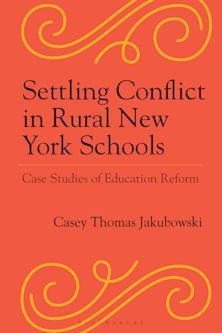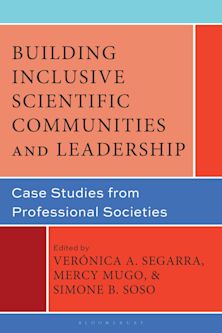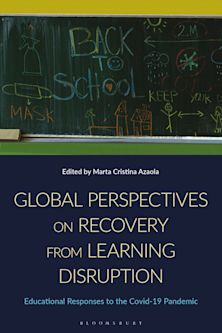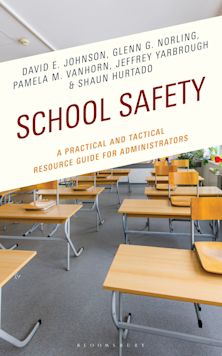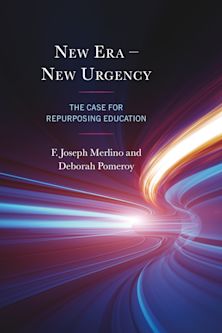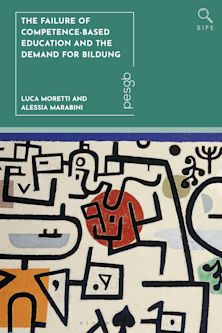Trusting Teachers with School Success
What Happens When Teachers Call the Shots
Trusting Teachers with School Success
What Happens When Teachers Call the Shots
Description
Lately, our nation’s strategy for improving our schools is mostly limited to “getting tough” with teachers. Blaming teachers for poor outcomes, we spend almost all of our energy trying to control teachers’ behavior and school operations. But what if all of this is exactly the opposite of what is needed? What if teachers are the answer and not the problem? What if trusting teachers, and not controlling them, is the key to school success?
Examining the experiences of teachers who are already trusted to call the shots, this book answers: What would teachers do if they had the autonomy not just to make classroom decisions, but to collectively—with their colleagues—make the decisions influencing whole school success? Decisions such as school curriculum, how to allocate the school budget, and whom to hire.
Teachers with decision-making authority create the schools that many of us profess to want. They individualize learning. Their students are active (not passive) learners who gain academic and life skills. The teachers create school cultures that are the same as those in high-performing organizations. They accept accountability and innovate, and make efficient use of resources. These promising results suggest: it’s time to trust teachers.
Table of Contents
Acknowledgements
Preface
PART ONE: What would happen if we trusted teachers with school success?
Introduction. To get high performing schools, maybe it’s time to trust teachers.
Chapter 2. Teacher Autonomy: what it is, who has it, and how it’s secured
Chapter 3. When granted autonomy, teachers choose to operate in ways that emulate the cultural characteristics of high-performing organizations.
PART TWO: Eight practices autonomous teachers embrace whichare indicative of the cultural characteristics of high-performing organizations
Chapter 4. Practice #1: Share purpose, which always focuses on students as individuals, and use it as the basis of decisions aimed at school improvement
Chapter 5. Practice #2: Participate in collaboration and leadership for the good of the whole school, not just a classroom.
Chapter 6. Practice #3: Encourage colleagues and students to be active, ongoing learners in an effort to everyone’s engagement and motivation
Chapter 7. Practice #4: Develop or adopt learning programs that individualize student learning
Chapter 8. Practice #5: Address social and discipline problems as part of student learning
Chapter 9. Practice #6: Broaden the definition and scope of student achievement and assessment
Chapter 10. Practice #7: Encourage teacher improvement using 360-degree, peer- and self-evaluation methods as well as peer coaching and mentoring
Chapter 11. Practice #8: Make budget trade-offs to meet the needs of students they serve
PART THREE:Implementation strategies for those who want to support teacher autonomy
Chapter 12. It’s time to trust teachers.
Appendixes
Notes
Bibliography
About the Authors
Product details
| Published | Oct 10 2012 |
|---|---|
| Format | Ebook (PDF) |
| Edition | 1st |
| Extent | 1 |
| ISBN | 9798216217305 |
| Imprint | R&L Education |
| Publisher | Bloomsbury Publishing |
Reviews

ONLINE RESOURCES
Bloomsbury Collections
This book is available on Bloomsbury Collections where your library has access.












